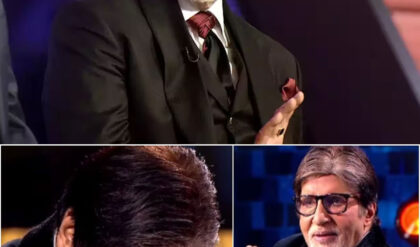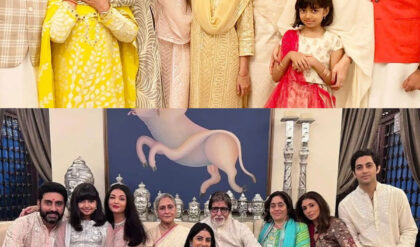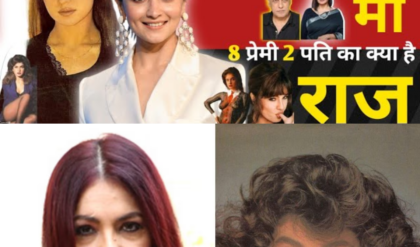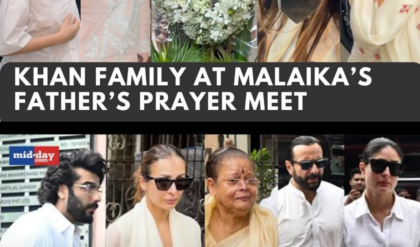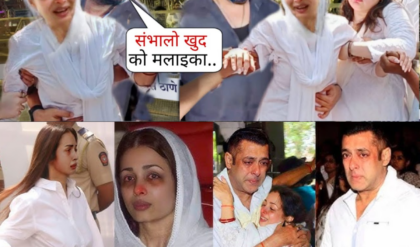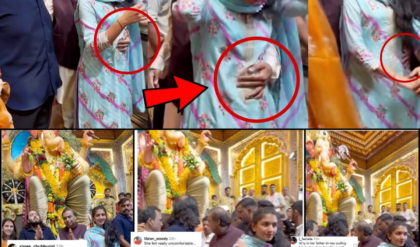
People walk around the site of the deadly crush on July 3, a day after the incident occurred.
Eyewitnesses have recounted scenes of chaos and confusion after a religious festival in northern India ended in tragedy when scores of people were killed in a crowd crush.
At least 121 people died – almost all of them women – and 35 others were injured when overcrowding at a sermon in Mughal Garhi village in Uttar Pradesh led to the deadly crush on Tuesday. Police said they were investigating the organizers, saying a quarter of a million people arrived at the venue – more than three times the number expected – and just a few dozen police officers had been deployed.
The crush happened as female devotees rushed toward the stage to touch the feet of Bhole Baba, the self-styled godman, or guru, who led the event, according to Uttar Pradesh’s chief minister. Other officials said devotees were trying to collect ground that his car had passed over as he left the ceremony.
Speaking to CNN from a local hospital, security guard Subhash Lal said his mother had died in the crush and blamed “carelessness” for the tragedy.
“My mother’s dead body is here (at this hospital)… The most pain you can feel is for a mother, everyone knows that,” he said.
“If there was no carelessness then people would not have died like this, whether it’s the administration or organizers, it’s carelessness.”
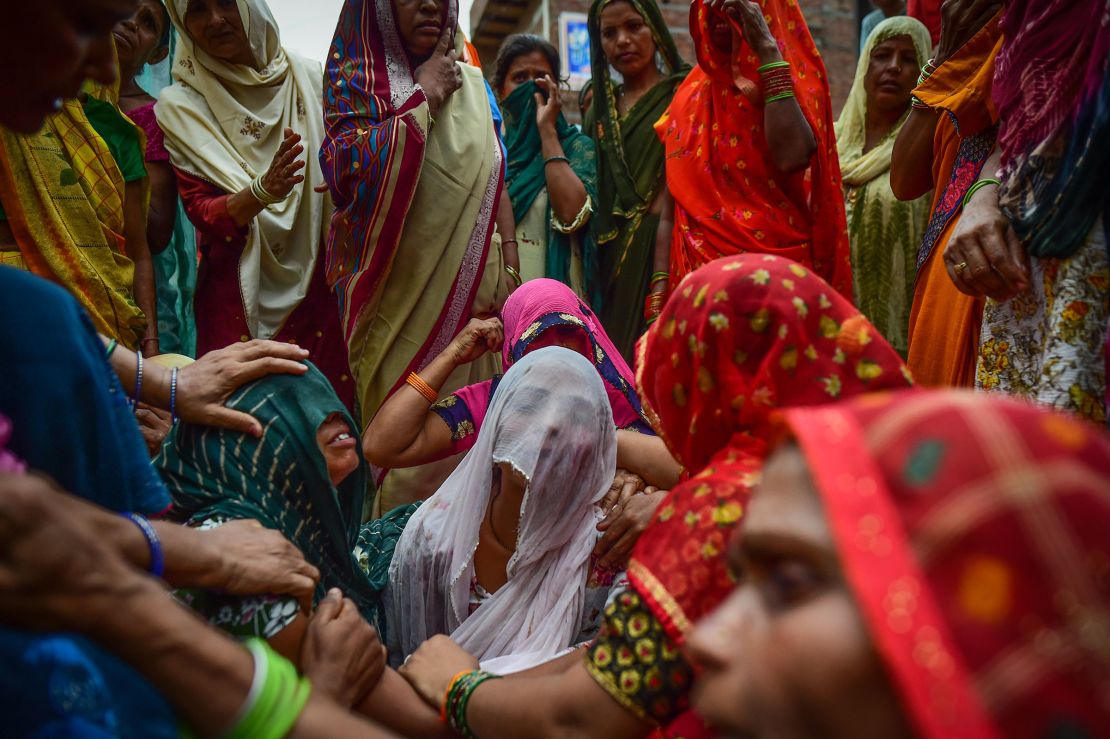
Relatives mourn outside of the home of three victims of the same family who died in the crush.
Ritesh Shukla/Getty Images
The mother of a victim who gave her name as Kamala told Reuters: “My daughter was alright when she arrived at the hospital. In fact, my daughter served water to other victims, helped them and called my brother informing us that she had made it to the hospital safely. But by the time my brother reached the hospital, my daughter was dead.”
Describing the chaos at the gathering, a survivor named Rekha told Reuters the crush occurred after the preaching had ended, saying: “Anyone who fell did not get up, was trampled by the crowd and died.”
Chedilal, a 65-year-old man whose 30-year-old daughter was killed in the crush, said: “We were together. I saw many dead bodies lying there so I ran to where the buses were parked.
“I looked for her everywhere but I could not find her anywhere, it became night. Where could I go? What could I do?
“I was told to go to the district hospital and here I found her body.”
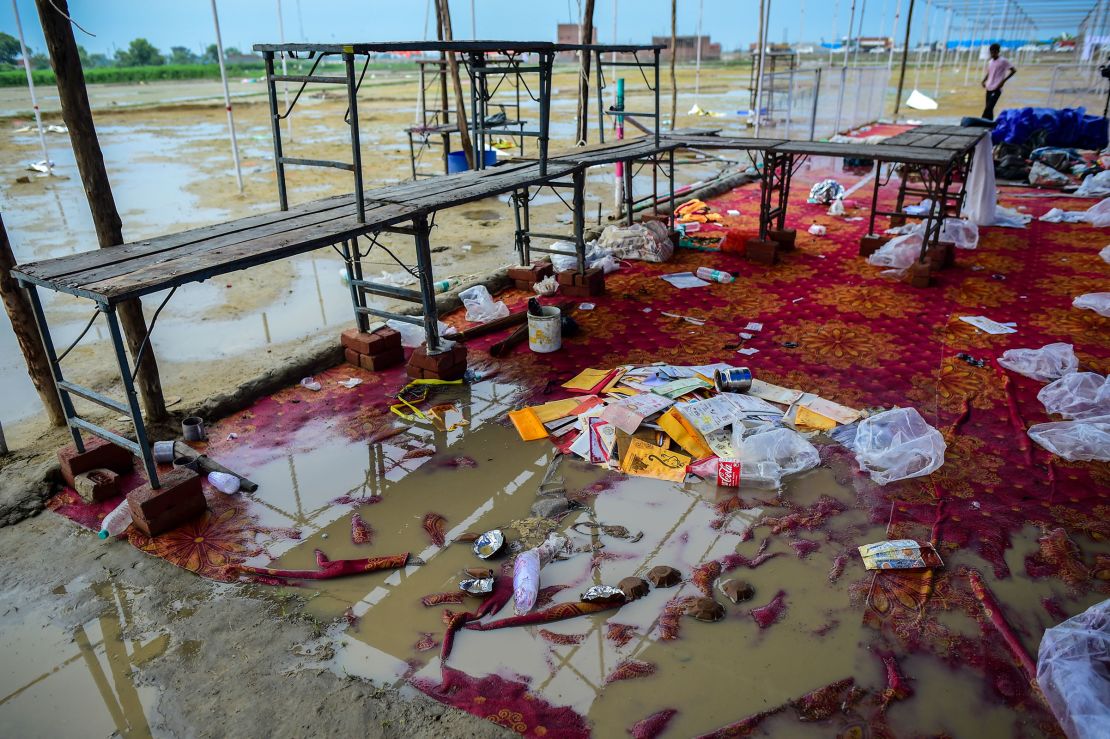
Personal belongings of victims who died in the crush are seen scattered at the venue in Uttar Pradesh.
Ritesh Shukla/Getty Images
Questions raised
Tuesday’s incident, the latest in a string of similar tragedies, has highlighted glaring gaps in the country’s safety measures at such events as police investigate allegations of negligence and remain on the hunt for Bhole Baba, also known as Suraj Pal.
Some 250,000 people were at the event, despite authorities giving permission for a gathering of 80,000, a police report seen by CNN shows.
The report also alleged that event organizers gave no assistance to the injured and attempted to cover up the incident by hiding clothes and shoes that people had lost in the crush in a nearby field.
Police have accused the event’s organizers of culpable homicide not amounting to murder, wrongfully restraining a person, causing disappearance of evidence or providing false information, the report said.
CNN has attempted to contact the organizers for a response.
Uttar Pradesh has launched a special investigative team to probe the deadly crush, the state’s chief minister announced on Wednesday.
A judicial inquiry will also be carried out under the state’s high court, Chief Minister Yogi Adityanath said.
Adityanath suggested the organizers were to blame, telling reporters “the administration assumes that at such a function, internally, the security of devotees would be managed by the organizers.”
“For security, the administration deploys its force as well, but in the outer ring. Inside it is the organizers managing everything,” he said.
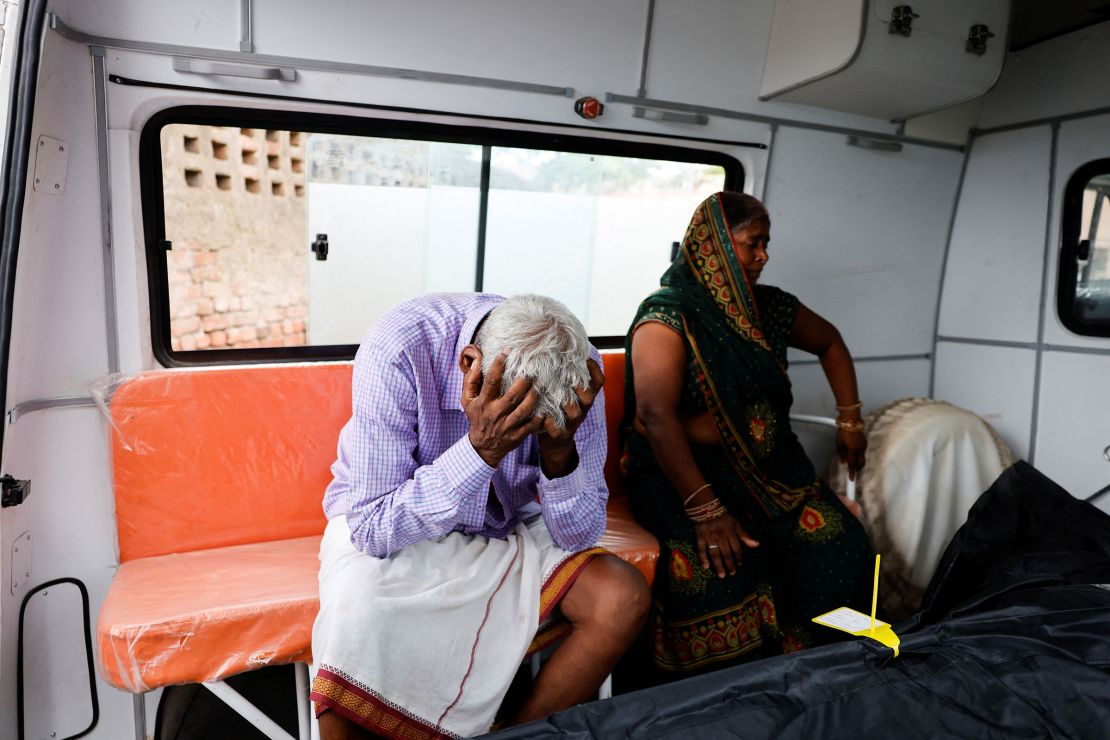
Relatives of a crush victim mourn next to her body, outside a hospital in Hathras district.
Anushree Fadnavis/Reuters
In a statement he shared via his lawyer, Bhole Baba offered condolences to the families of those killed as he blamed the fatal crush on “anti-social elements.”
Questions have been raised over gaps in the safety protocols in place at Tuesday’s event, prompting authorities to launch a high-level investigation and lawyers to file a public interest litigation in Allahabad High Court, demanding an inquiry into the deaths.
Crowd crushes at religious gatherings in India, the world’s most populous country of 1.4 billion, are not uncommon owing to the lack of strict crowd control measures.
In January 2005, more than 265 Hindu devotees were killed and hundreds more injured at a temple in the western state of Maharashtra – one of the deadliest such incidents in the country’s recent history. Three years later, about 145 Hindu pilgrims died on a mountaintop temple in northern India after rumors of a landslide triggered a crowd crush, Reuters reported.
The public interest litigation also pointed to two other events in 2011 and 2013, where more than 100 people were trampled to death at two separate Hindu religious events.
“The administration must learn and must adapt the preventative measures after witnessing of earlier incidents… but they have no regard for the life of the general public,” the court document said.
Opposition politicians have also raised concerns over Tuesday’s incident.
“It’s very unfortunate,” said Renuka Chowdhury, a lawmaker from India’s largest opposition party, the Indian National Congress.
“Incidents like this shouldn’t happen again,” she told Indian news agency ANI. “We should examine our conscience, and see where we can control, guide and monitor the crowd.”
